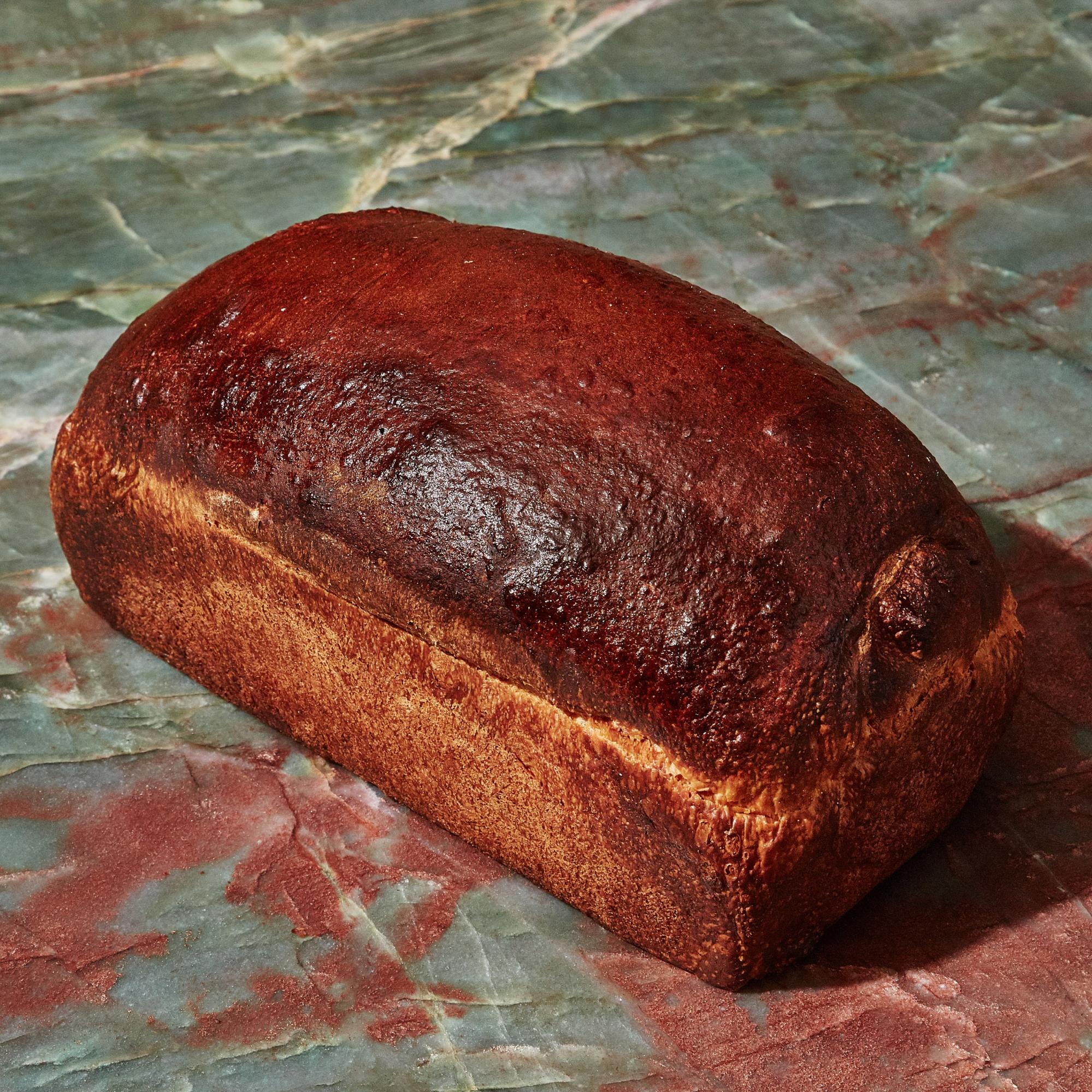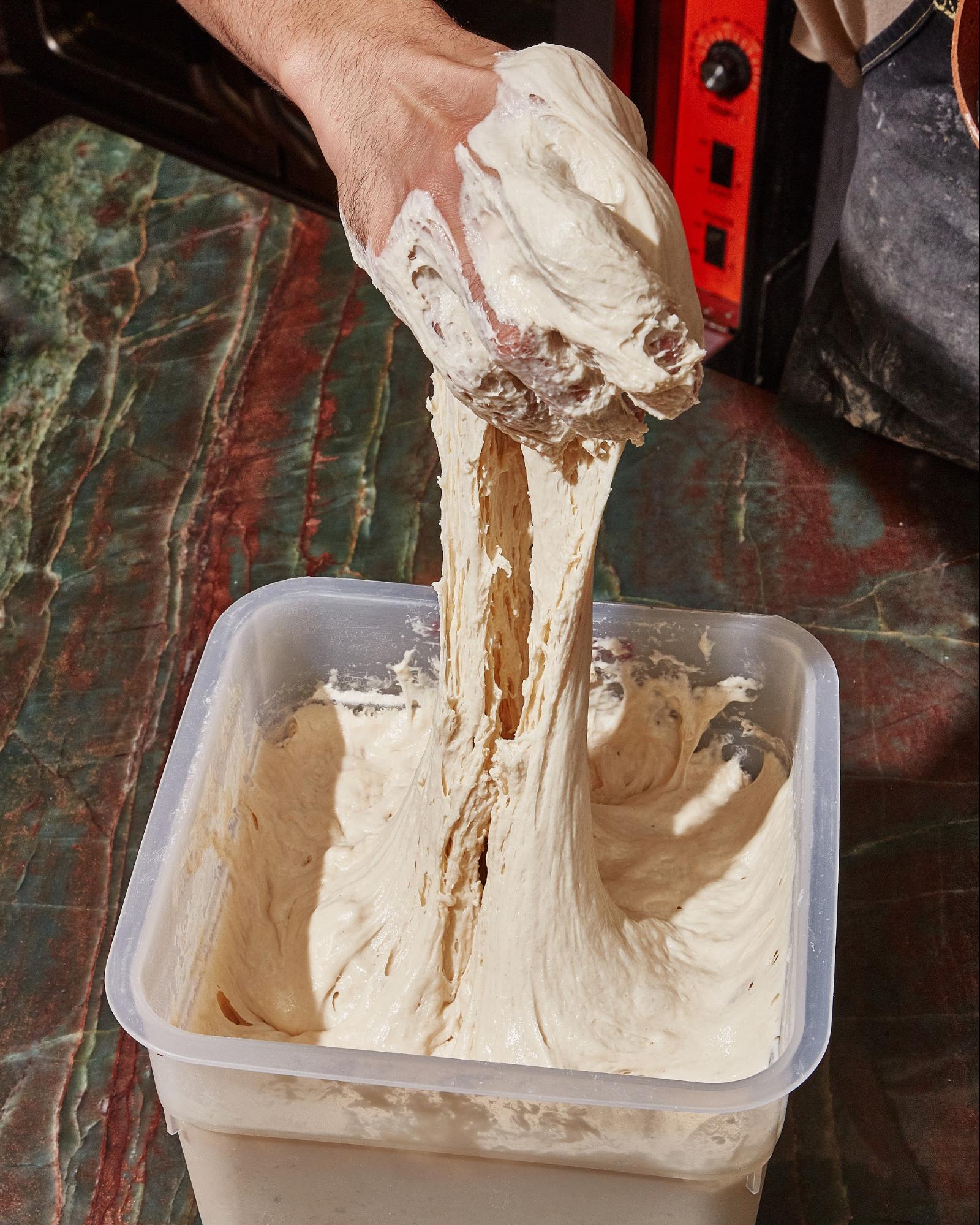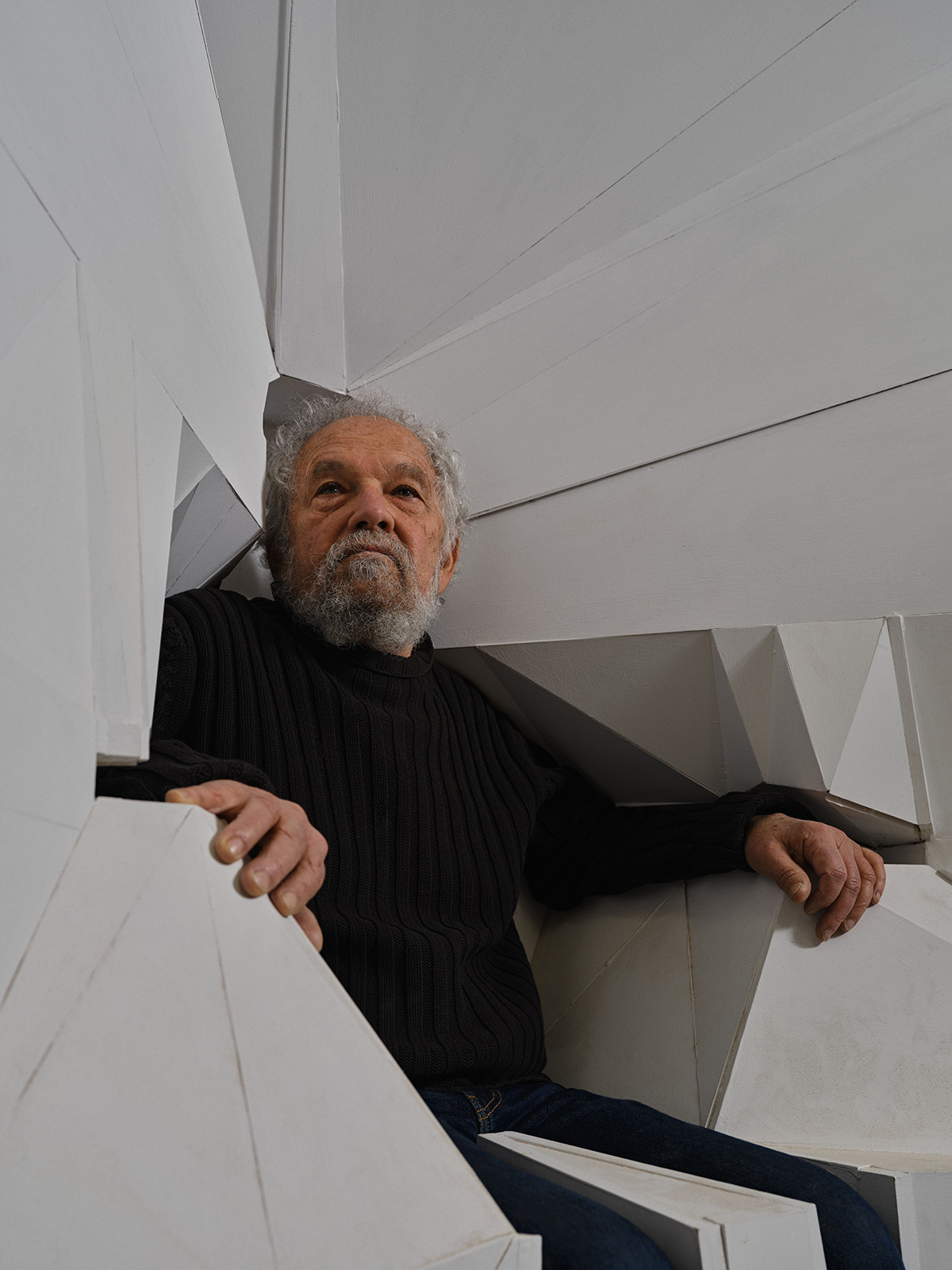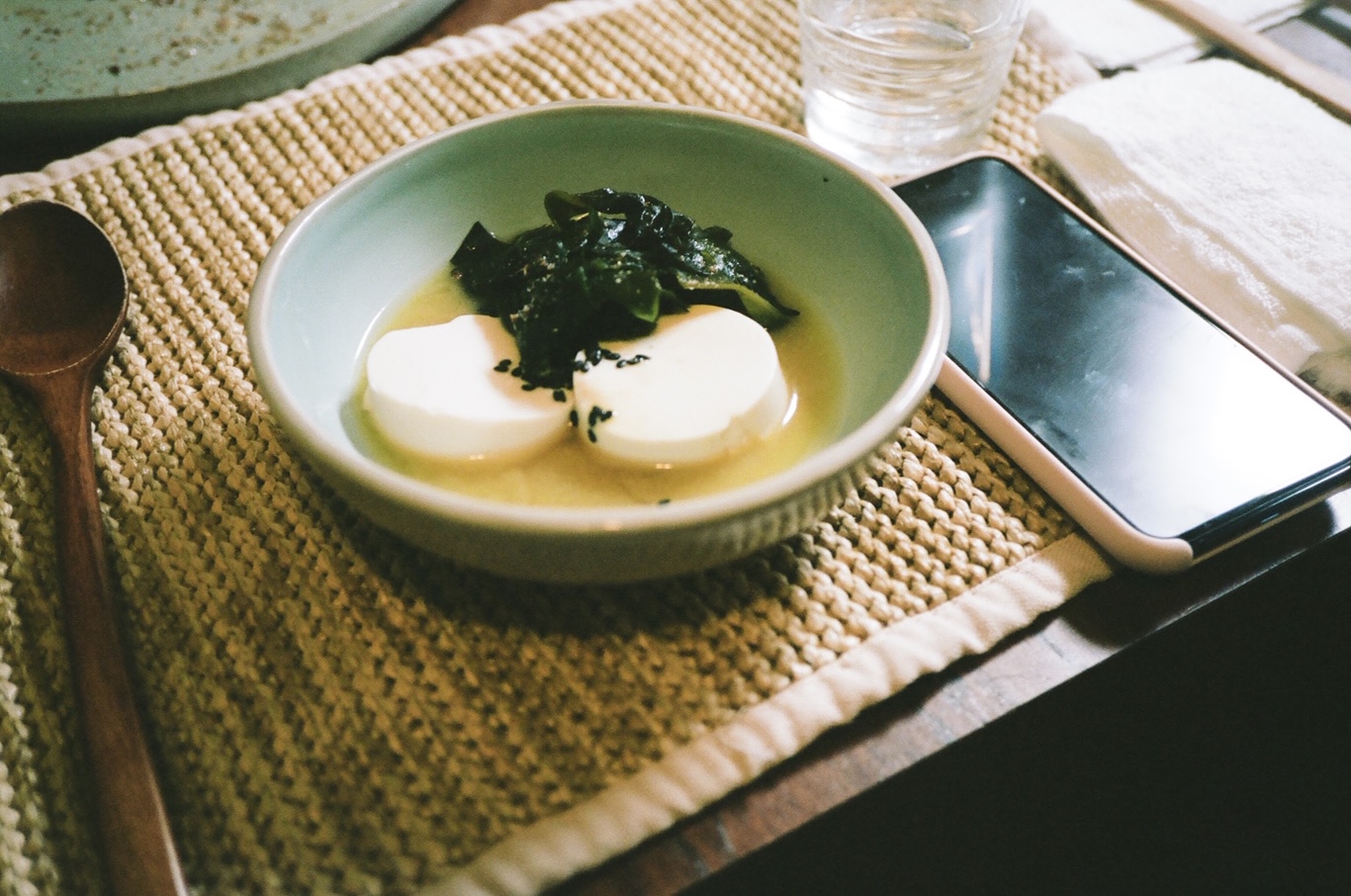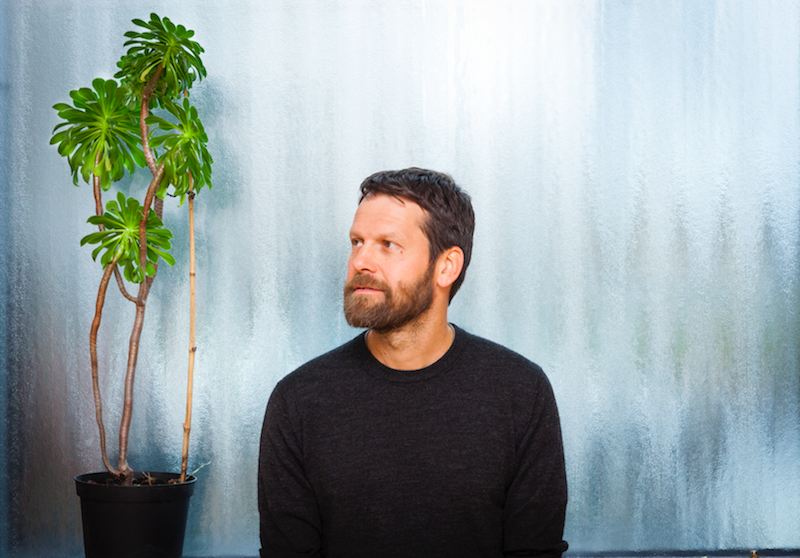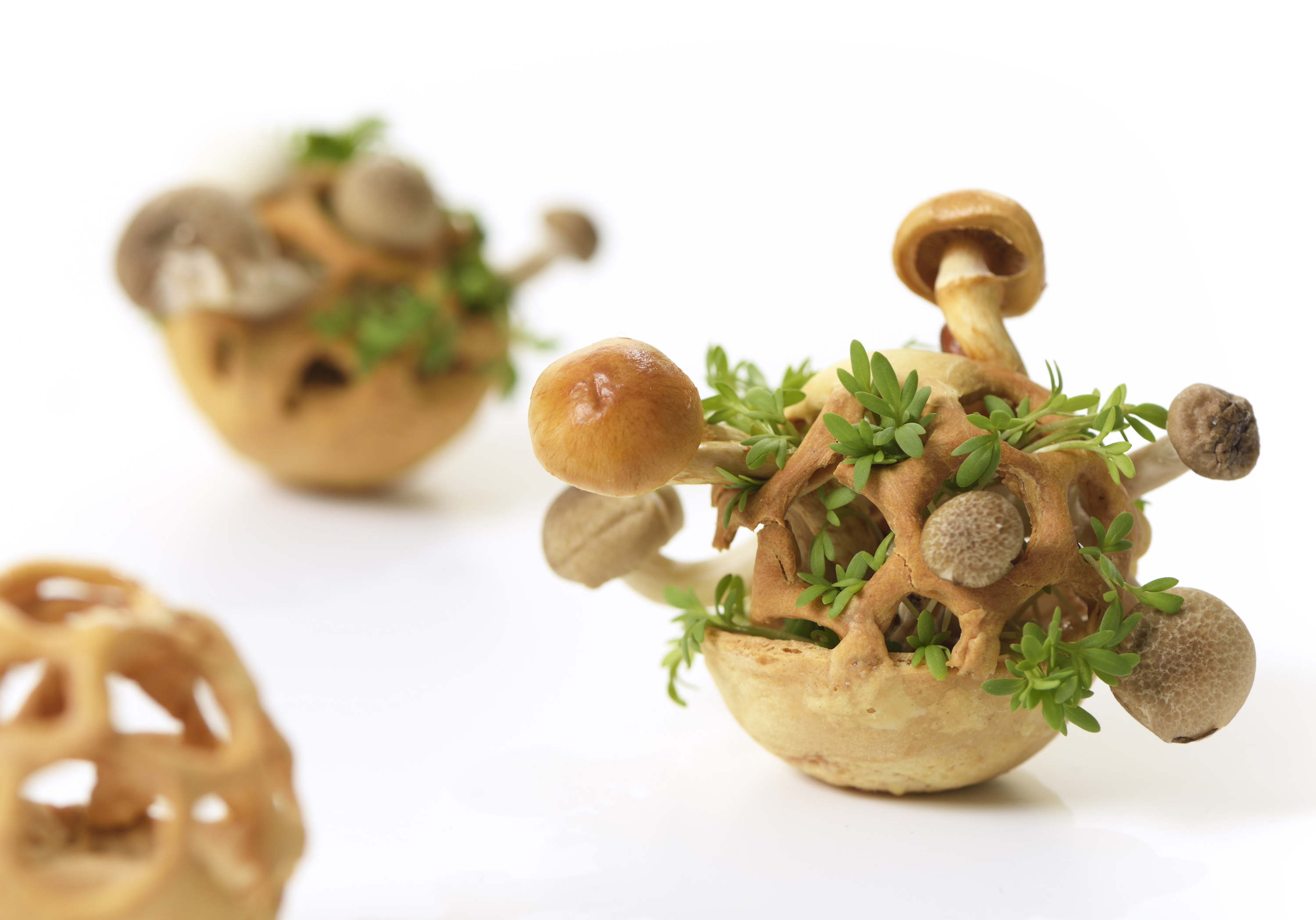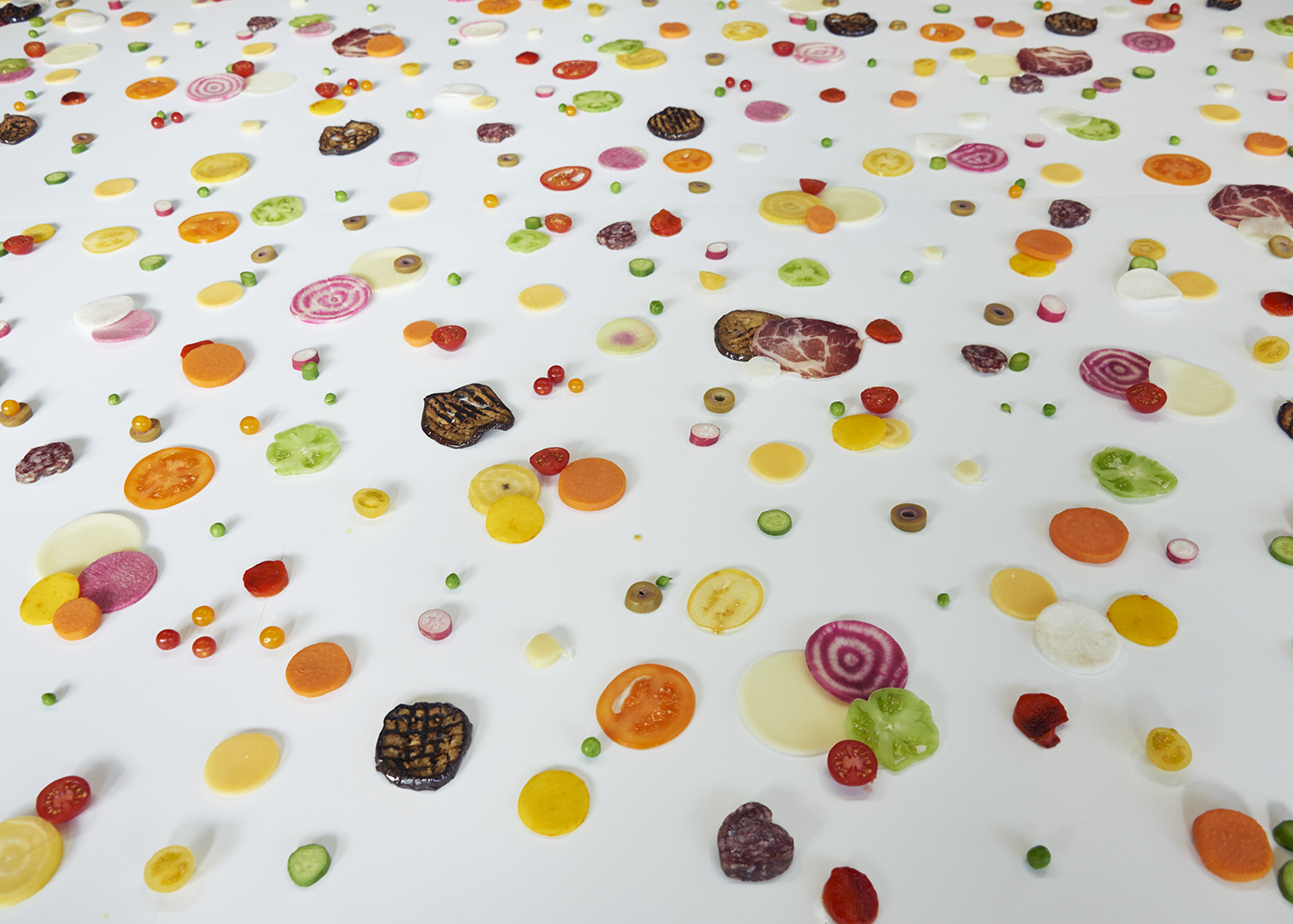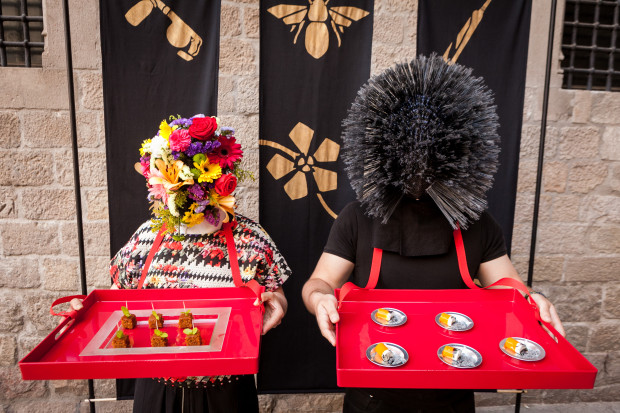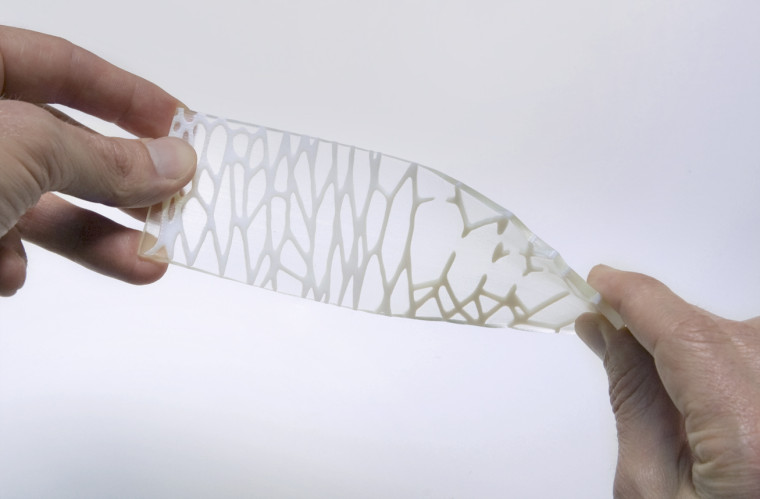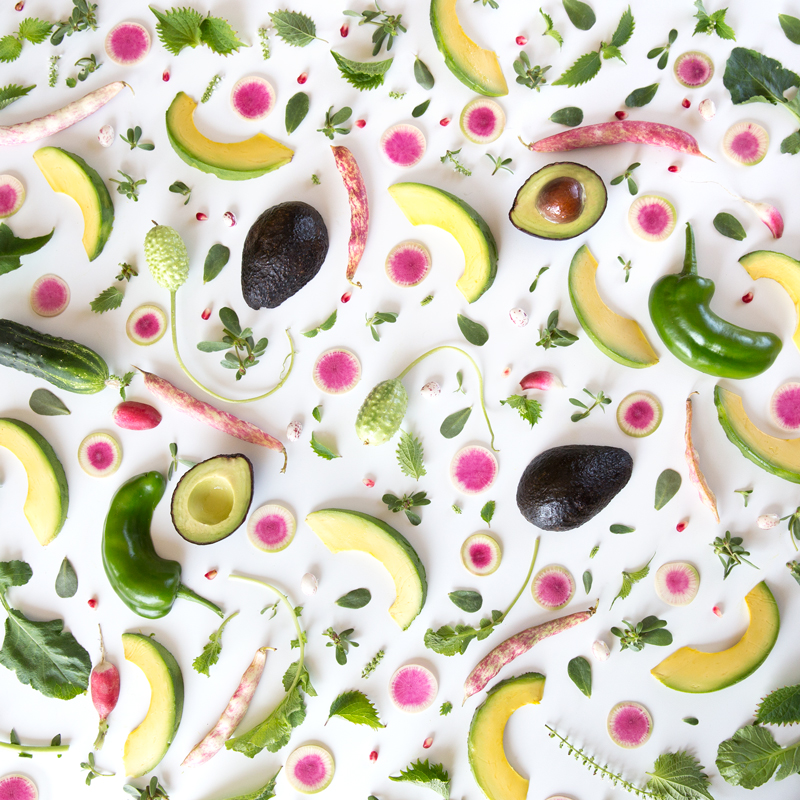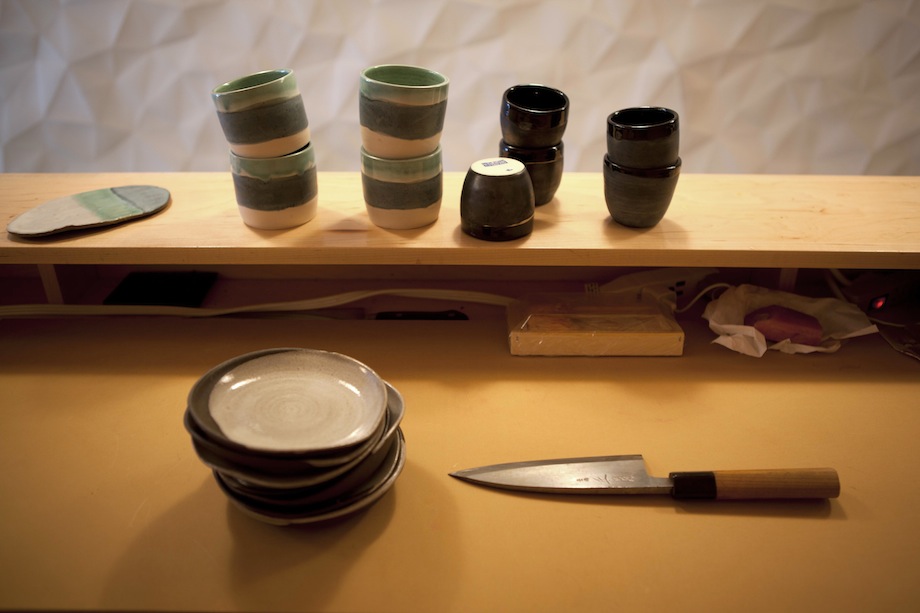Subject to Change is a series about the anarchitecture of New York City foodscapes and the makers that are designing new ways of working.
New York City restaurant closings mark the dawn of a new era of food culture. Not only is dwindling business for restaurants diminishing a culture of communal dining, but also diminishing business for food producers and farms. As we mourn the loss of our favorite eateries, culinary expats and chefs are eyeing a greater concern: the loss of food producing sites and the nation’s greatest small farms. There is no doubt that the food and hospitality industry will undergo a substantial upheaval and maybe even a departure from restaurants all together, but the greater question is who and what will follow to sow the seeds of food spaces to come? Is there still hope for a revival of small-scale sustainable agriculture? How will we ensure that farmers and caretakers of the land we feed off of become and remain the teachers of our food knowledge and consumption?
Tyler Lee Steinbrenner is the bacterial care-taker at Anti-Conquest Bread Co. in Carroll Gardens, named after anarcho-communist Peter Kropotkin’s 1892 critical text The Conquest of Bread, a work that points out the defects of capitalism and feudalism and how both maintain poverty and scarcity. The text’s concluding chapters marvel at agricultural production and imagine a happy and healthy life for all. This same assertion is the driving philosophy at Anti-Conquest Bread Co., where Steinbrenner’s practice votes, supports, and sustains small batch foodcraft and agriculture.
Steinbrenner cultivates wild yeasts and hand-mixes spontaneously fermented sourdoughs—not to mention a dreamy shokupan too. Born amidst the renaissance of mutual aid and voluntary cooperation during the height of the pandemic, Anti-Conquest Bread Co. channels ancient and sustainable bread making practices by locally sourcing and milling dehulled ancient grains. Not only are Steinbrenner’s grains ancient, but so are the mutual aid philosophies he has implemented into the structure of Anti-Conquest Bread Co.
Steinbrenner is no stranger to the megalomania of Michelin-star kitchen culture as an alumni of restaurants like San Francisco’s Atelier Cren and Brooklyn’s very own Aska. He bakes to spite their exclusion and myopia. As the bacterial-caretaker at ACQ Bread, Steinbrenner feeds and funnels only the most wholesome ingredients into his bread. These include grains selected with the help of GrowNYC’s Grainstand that he mills himself using a KoMo Grain Mill, hand-harvested salt from Amagansett Salt Co., and milk and butter from Kriemhild Dairy Farms—a small, farmer-owned agribusiness that sources milk from grass-based herds in Central New York. Not only are these sourced goods the best of the Northeast, they are being doled out in quotidian form, as a friendly loaf of bread.
Not only are Steinbrenner’s grains ancient, but so are the mutual aid philosophies he has implemented into the structure of Anti-Conquest Bread Co.
Steinbrenner begins his day at 8am waking his bread from an overnight sleep in the fermentation chamber. It rests on a crystal slab Steinbrenner uses as a bread bench for an hour until it reaches ambient temperature, 85℉. In between heating ovens, slinging cast irons, and answering emails he feeds his starters and cooks Tangzhong, a flour and rice porridge used in shokupan bread all while sending the morning loaves to bake. After a midday break for errands and a hopeful sandwich, Steinbrenner repeats this process for the afternoon bake accompanied by a second espresso and a round in the dish pit. He spends the evening selling loaves for retail and speaking with regulars before he returns to his bench to portion, rest, and shape tomorrow’s bread for yet another sleep in the fermentation chamber.
This new Brooklyn bakery does not merely sell bread. It exists in opposition of overly manipulated foods and the glorification of a singular establishment. Steinbrenner’s bread-making process nourishes multiplicity by combining various cultures of sourdough in ways that allow them to eat more healthily. Thus, deeply flavorful and complex breads result. In an act of transference that Steinbrenner calls “bacterial empathy,” he nurtures a number of bacterial cultures. The tangible and intangible care channeled into craft food-making that Steinbrenner believes in, yields a good that transcends the trifling architecture that assigns extractive value to the quality of foods. This nexus of care is then extended to the community that experiences his bread.
“I literally just care about my bread like it’s a living thing,” Steinbrenner explains.
The nexus necessitates another value system that Steinbrenner describes as “ingredient activism,” a radical belief in the peak goodness of agricultural products as a foodcraft standard. A philosophy that does not compromise or negotiate quality in any circumstance, hence his use of ingredients you might find at high-end establishments such as acclaimed restaurants like Daniel, Cafe Boulud, and even Eleven Madison Park. Steinbrenner redistributes this very same bread in critical mutual aid efforts like preparing over 300 meals for frontline workers out of Honey’s, a food venue in Ridgewood, throughout the COVID-19 Pandemic.
ACQ Bread Co. confronts the many establishments that champion dining for wealthy demographics and the waste and extraction of labor that come with it. Steinbrenner’s redistributive practices challenge the system of exclusionary dining by making these coveted ingredients accessible. This confrontation denounces food gatekeepers and years of clannish metrics and white-supremecist hierarchies.
“My goal is to make something so undeniably good that it doesn’t need the justification of capitalism to validate its existence,” says Steinbrenner.

Steinbrenner’s bread has played a crucial role in fundraisers for the non-profit food collective Cafe Forsaken, whose meal drop program provides free meals to essential workers and the food insecure. Not only are these meals free, they are also purposeful, experimental food creations exploring the multiplicity of resistance efforts. Mutual aid should not compel loss of quality or dignity. The wholesome bake and bread that results transcends any imposed justification of capitalism in its embodied goodness. Baking solidifies these ideologies; it shares an embedded emotion and value in realized, consumed matter.
Steinbrenner’s deep care and respect for living cultures resists co-opting living things for profit, an anti-capitalist practice he explains as deeply emotional. Bread is revered as vessel, channel, and space held for thought. “It is the ultimate denominator food in America,” Steinbrenner explains, “widely translatable and recognized as a staple nourisher.”
Anti-Conquest Bread Co. gestures toward a revival of care practices that help us understand the value and vulnerability of something simple and life-sustaining—great bread.
